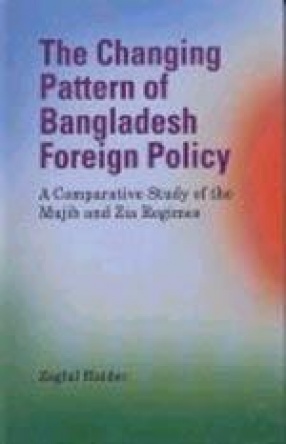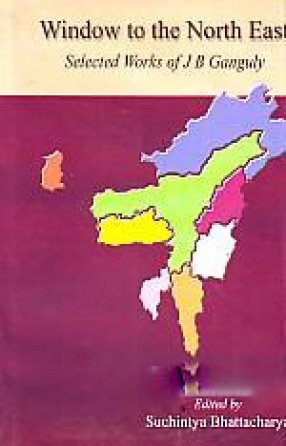The Changing Pattern of Bangladesh Foreign Policy is an exploration of comparative foreign policies pursued by the governments of Sheikh Mujibur Rahman and General Ziaur Rahman. The author’s assertion is that Mujib and Zia espoused sharply contrasting views on national, regional and global issues. He perceives the foreign policy of Sheikh Mujib to be one shaped by the principles of the Bangladesh war of liberation (socialism and secularism) and as a consequence biased more towards India and the Soviet Union. The author feels that Mujib’s policy distanced his government from countervailing powers such as the United States and China, as well as countries in the Muslim world. The author’s conclusion is that Mujib’s policy ultimately proved fatal because Bangladesh’s Indo-Soviet allies failed to deliver the necessary economic support to Bangladesh at a critical time for the new nation. According to the author, General Ziaur Rahman emphasised the national interest and deeply transformed the foreign policy of Bangladesh, moving away from the Indo-Soviet axis and aligning with the United States, China and Muslim countries. It is the author’s contention that the foreign policy pursued by the Zia regime helped Bangladesh develop its economic resources sufficiently, receive external aid, and hence meet the mounting crisis of the new nation.
Indian Economy Post Economic Reforms
$46.80
$52.00





There are no reviews yet.